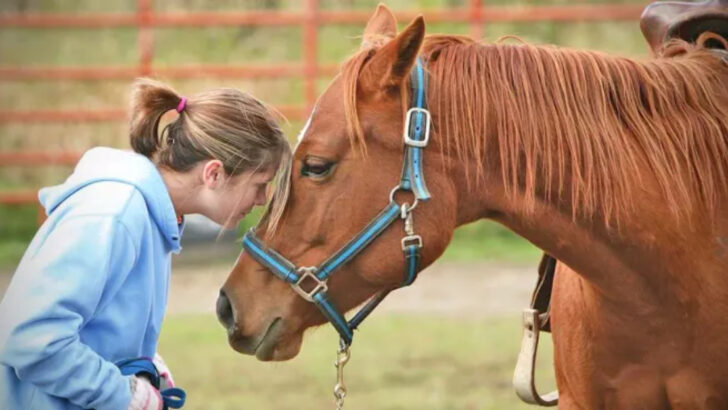Animals have an extraordinary power to heal. Their presence can calm, comfort, and even erase years of pain. They don’t just offer companionship—they work magic on the soul.
From the calming nuzzle of a horse to the playful energy of a dolphin, these creatures have an uncanny ability to help us recover from emotional wounds. They’ve been there for us throughout history, offering a kind of healing that words can’t describe.
Trauma can leave scars that are hard to heal, but these animals seem to know exactly how to mend them. Whether it’s through their soothing nature or their surprising skills, they create bonds that words—or even therapy—sometimes can’t.
Let’s explore how these amazing animals are making a real difference in helping humans heal in ways we never expected. You won’t believe how powerful their impact truly is.
Dogs

Dogs are known as man’s best friend for a reason. These loyal companions provide comfort and emotional support. Their intuitive nature allows them to sense human emotions, offering a calming presence. Therapy dogs assist in reducing anxiety and promoting relaxation.
Their ability to provide unconditional love and companionship aids in emotional healing. From visiting hospitals to comforting veterans, dogs play a vital role in trauma recovery.
Their gentle demeanor and loving nature make them perfect for fostering a safe environment. When you’re around a therapy dog, you’re in the presence of a true healer.
Horses
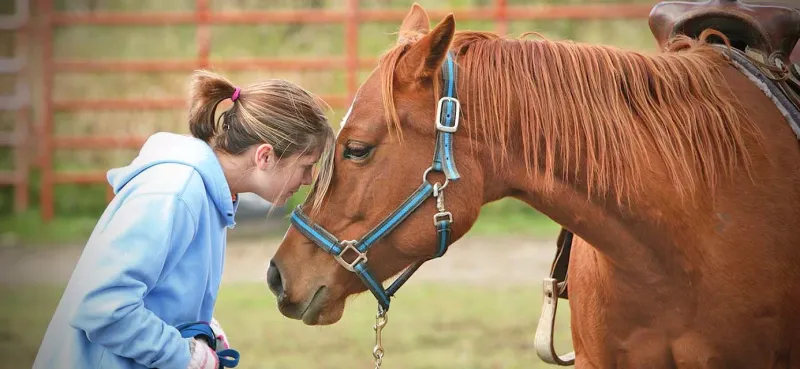
Horses have a remarkable ability to mirror human emotions, making them excellent therapy animals. Through equine-assisted therapy, individuals learn trust, communication, and emotional regulation.
These interactions can be powerful for those who struggle with trauma. The sheer presence of a horse and their gentle nature can offer peace and solace.
Building a bond with a horse requires patience and understanding, which is therapeutic in itself. These majestic creatures encourage growth and self-awareness, helping individuals open up emotionally and begin their journey towards healing.
Cats
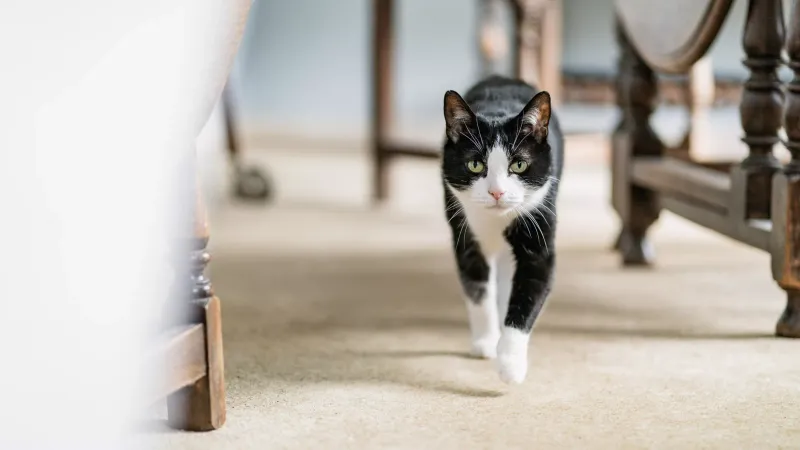
Cats, with their gentle purring and independent nature, are surprisingly effective in therapy. Their presence can lower stress levels and provide emotional comfort to trauma survivors.
Simply stroking a cat can release endorphins, promoting relaxation and tranquility. Cats offer a non-judgmental companionship that allows individuals to feel safe and secure.
Their small size and calm demeanor make them ideal for those who might find larger animals intimidating. Through their quiet yet comforting presence, cats play a significant role in emotional rehabilitation.
Dolphins
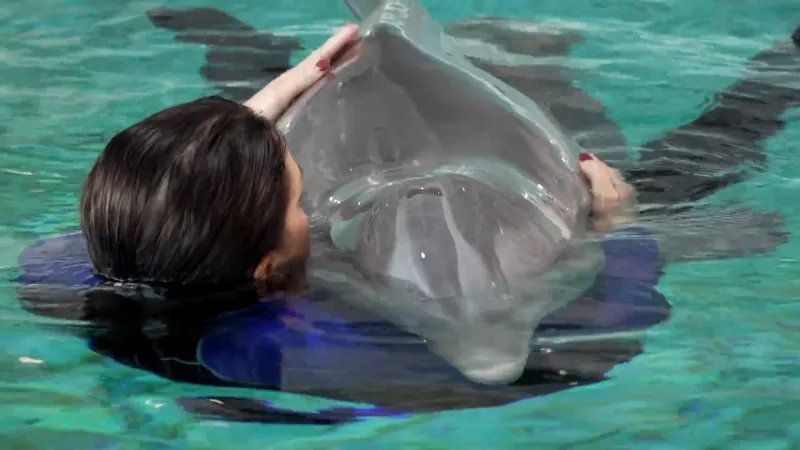
Dolphins are known for their intelligence and friendly nature. Dolphin-assisted therapy is used to help individuals with emotional and developmental challenges. This unique experience in the water promotes relaxation and joy.
The playful interactions with dolphins can stimulate emotional connections and improve communication skills. Swimming and playing with these gentle sea creatures can be incredibly therapeutic.
Dolphins have a natural ability to bring out a smile, encourage laughter, and reduce stress, making them a perfect partner in trauma healing.
Llamas
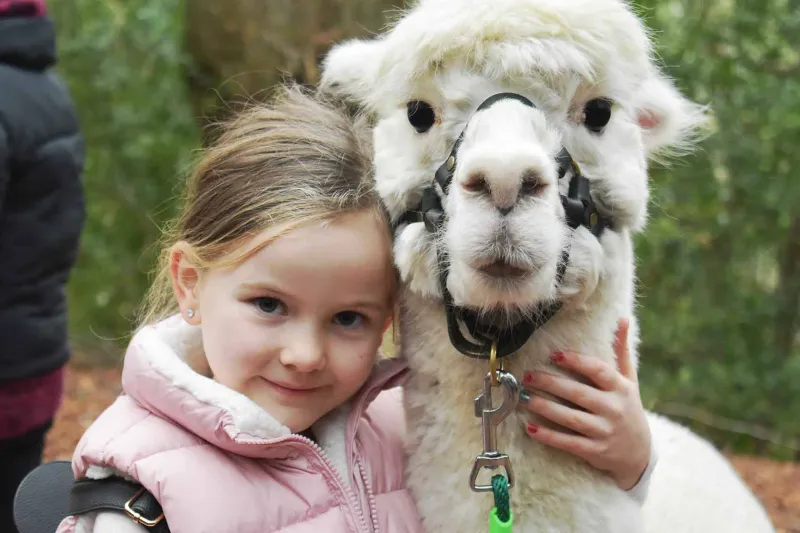
Llamas, with their gentle and approachable nature, make excellent therapy animals. Known for their calming presence, llamas can help individuals who suffer from anxiety and stress-related trauma.
Their unique character encourages engagement and reflection, fostering emotional connections without pressure. Interacting with llamas can bring a sense of peace and joy.
Their friendly demeanor and soft, woolly coat make them inviting companions. Whether leading them on a walk or simply sitting nearby, llamas offer a soothing and grounding experience for emotional healing.
Birds

Birds, especially parrots, are known for their vibrant personalities and ability to mimic human speech. They can be therapeutic companions by providing companionship and stimulating social interaction.
Listening to a bird’s song or engaging in conversation with a parrot can uplift the spirit and ease emotional distress. Birds stimulate the mind and encourage mindfulness.
Their cheerful appearance and melodic sounds can transform the atmosphere, creating a positive and calming environment. Birds offer a unique way to connect emotionally and aid in trauma recovery.
Guinea Pigs
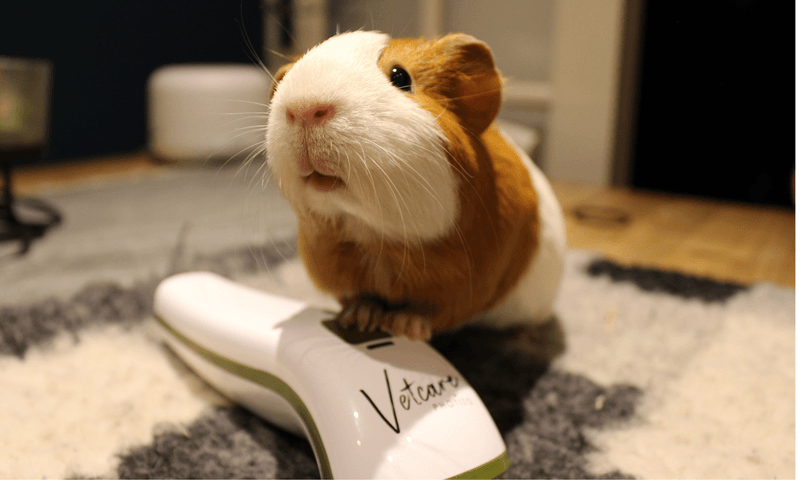
Guinea pigs, with their small size and docile nature, are perfect for animal-assisted therapy. Their gentle demeanor and soft fur make them comforting to hold and cuddle.
These little creatures encourage nurturing behavior and can reduce anxiety. They are ideal companions for individuals who might be hesitant or fearful of larger animals.
Interacting with guinea pigs can create a sense of responsibility and empathy. Their quiet presence and adorable antics provide joy and relaxation, aiding in emotional healing and recovery from trauma.
Rabbits

Rabbits are known for their gentle and calm nature. These furry friends can be incredibly soothing for individuals experiencing trauma. Their soft fur and gentle demeanor provide comfort and relaxation.
Petting a rabbit can lower heart rates and alleviate stress. Rabbits offer companionship without demanding interaction, which can be comforting for trauma survivors.
Their presence encourages gentle engagement and emotional expression, making them valuable partners in the healing process. Whether hopping around playfully or sitting calmly, rabbits provide a peaceful companionship.
Pigs
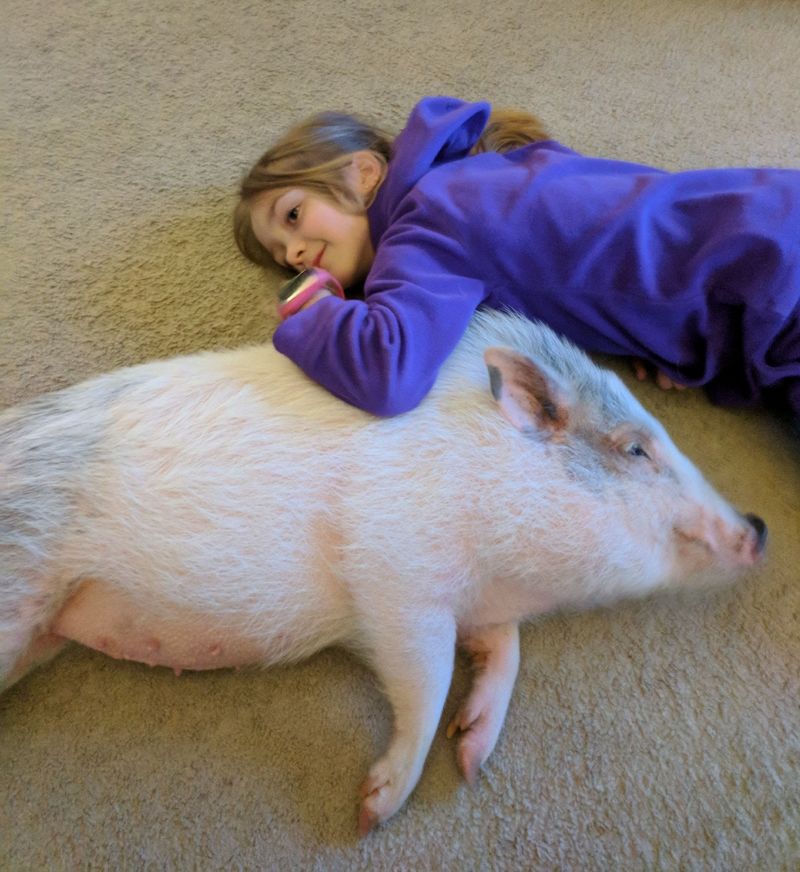
Pigs are surprisingly intelligent and social animals, making them great companions for therapy. Their playful and curious nature encourages interaction and engagement.
Pigs can form strong bonds with humans, providing emotional support and companionship. Their presence can help reduce feelings of loneliness and isolation.
Interacting with pigs can promote laughter and joy, essential components in healing trauma. These unique animals offer a sense of comfort and friendship, helping individuals to open up emotionally and find solace.
Fish

Aquariums filled with vibrant fish can create a serene and tranquil environment. Watching fish swim gracefully can have a calming effect, reducing anxiety and stress.
The rhythmic movement of the water and fish provides a meditative experience. This visual therapy can help focus the mind and promote relaxation.
Fish require minimal interaction, making them ideal for individuals who may find direct contact with animals overwhelming. Their presence can transform a space into a peaceful retreat, aiding in emotional recovery and trauma healing.
Ferrets
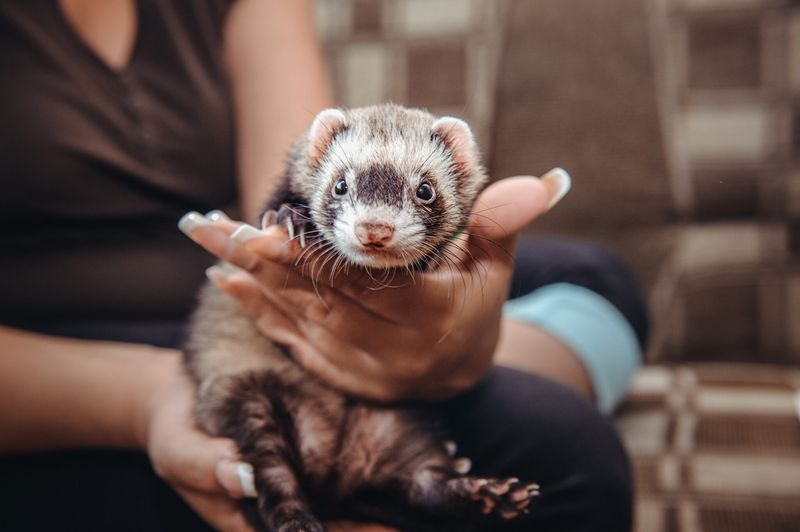
Ferrets are energetic and curious animals known for their playful behavior. Interacting with ferrets can bring joy and laughter, essential in trauma recovery.
Their lively nature encourages engagement and distraction from emotional pain. Ferrets are social creatures, forming strong bonds with humans.
Their playful antics can uplift the mood and foster a sense of happiness. Handling and playing with ferrets allows individuals to experience joy and companionship, aiding in overcoming trauma. These small, mischievous animals bring light-hearted fun and emotional support.
Miniature Horses
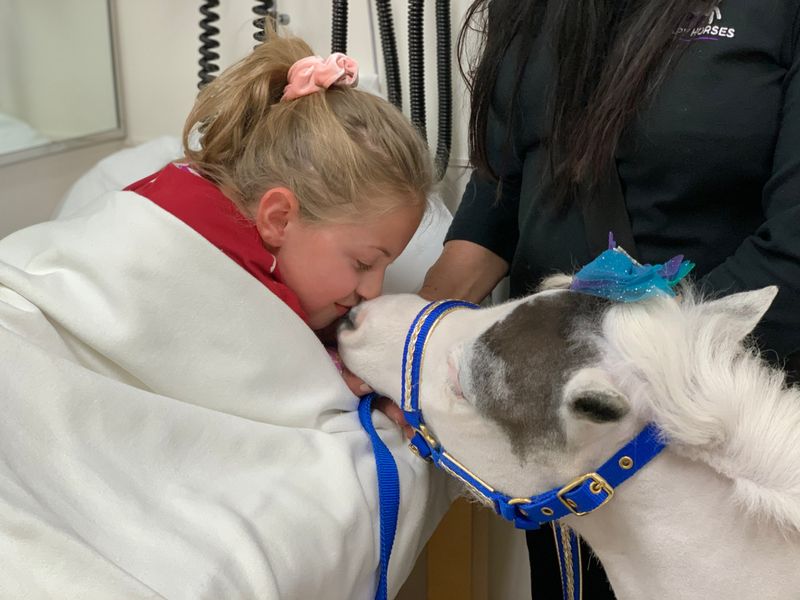
Miniature horses provide all the benefits of equine therapy in a more accessible size. Their gentle demeanor and friendly nature make them approachable for individuals of all ages.
Interacting with these animals helps build confidence and emotional resilience. Miniature horses offer a sense of calm and stability, essential for emotional healing.
Their presence encourages trust-building and emotional expression. These lovely creatures provide companionship and support, aiding individuals in processing and healing from trauma.
Chickens
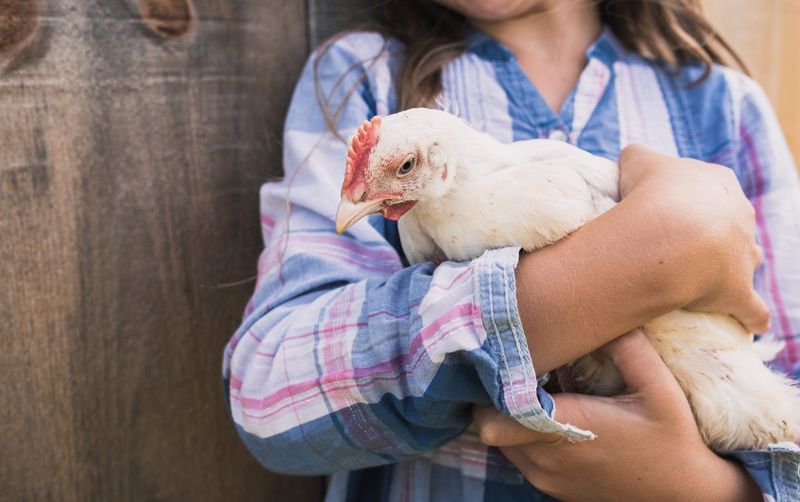
Chickens might seem unconventional, but they offer unique therapeutic benefits. Their gentle clucking and calm presence can be soothing. Watching chickens go about their activities can be relaxing and stress-relieving.
Interacting with chickens encourages mindfulness and engagement with the present moment. Caring for these animals fosters responsibility and nurturing behavior.
Their simple, peaceful presence can transform a stressful environment into a calm space. Chickens can provide companionship and a sense of purpose, aiding emotional recovery.
Turtles
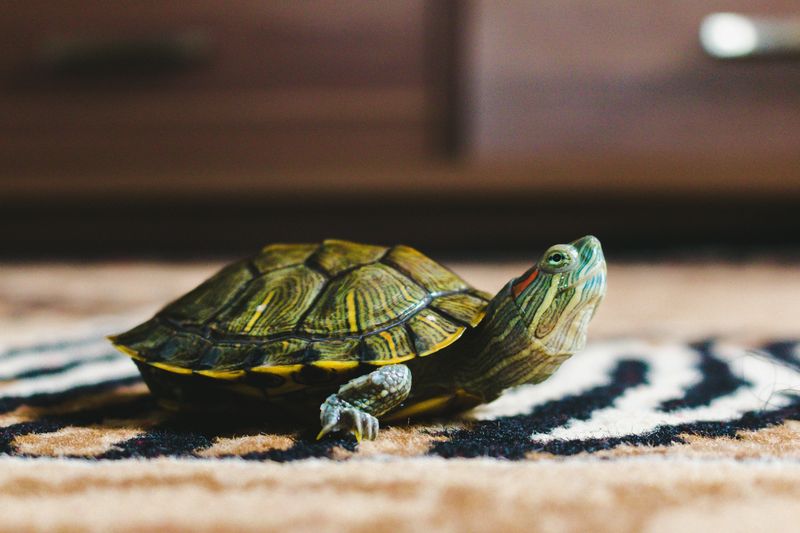
Turtles are symbols of longevity and peace. Their slow, deliberate movements can have a calming effect, helping to reduce stress and anxiety.
Observing turtles can encourage mindfulness and patience. Their peaceful presence in an aquarium or pond promotes relaxation and contemplation.
Turtles require minimal interaction, making them ideal for those who might find direct contact with animals daunting. Their presence offers a serene backdrop, creating a tranquil environment for emotional healing and recovery.
Bees
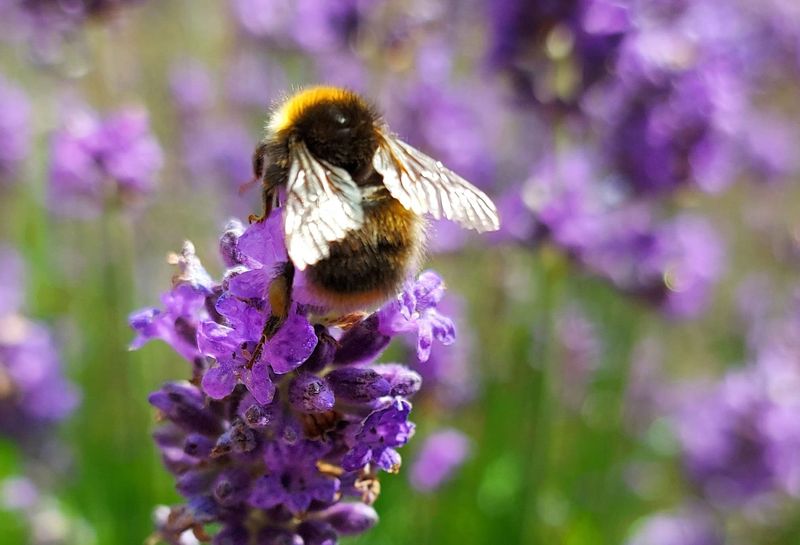
Bees play a crucial role in ecosystems and have a therapeutic impact on humans. Beekeeping can reduce stress and promote relaxation. Observing bees in a garden encourages mindfulness and engagement with nature.
Bee therapy, or apitherapy, uses bee products for healing purposes. This interaction with bees fosters a connection with the environment.
Caring for bees can cultivate patience and responsibility. Their presence and activity in a garden setting can create a calming atmosphere, aiding in emotional recovery and promoting well-being.
Goats
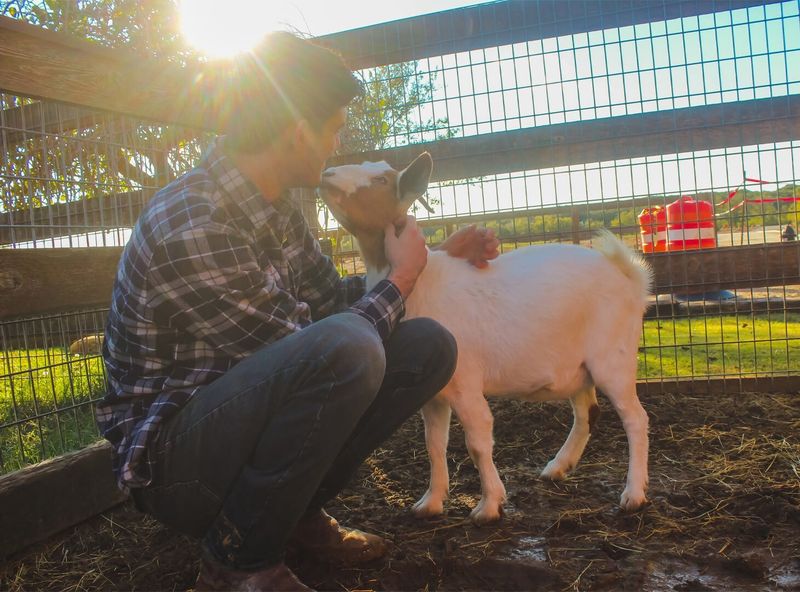
Goats are known for their playful and curious nature. Interacting with goats can bring laughter and joy, essential elements in trauma recovery. Their friendly demeanor encourages engagement and emotional expression.
Goats can form strong bonds with humans, offering companionship and emotional support. Their presence can alleviate feelings of stress and anxiety.
Through playful interactions, goats offer a unique form of therapy that uplifts the spirit and encourages social connection. They are wonderful companions in the journey of healing and emotional growth.
Snakes
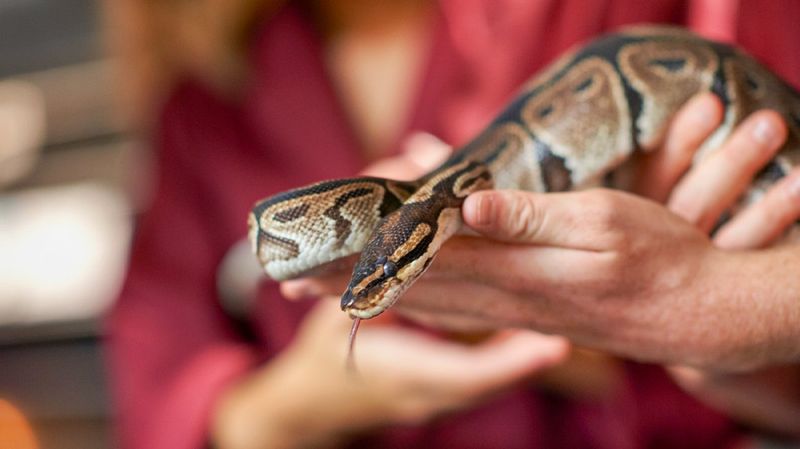
Snakes might seem unconventional, but they provide unique therapeutic benefits. Handling a snake can promote calmness and emotional regulation. Their smooth scales and rhythmic movements offer a sensory experience that can be soothing.
Interacting with snakes encourages overcoming fears and building confidence. Their presence can help individuals confront anxieties.
Snakes, when handled properly, offer a unique form of companionship and emotional support. They can transform fear into fascination, playing a role in emotional healing and recovery.
Chinchillas
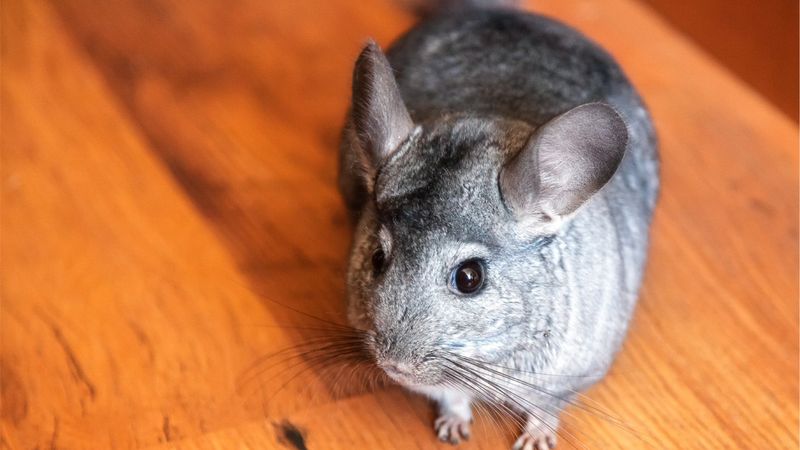
Chinchillas, with their incredibly soft fur, are known for reducing stress and anxiety in humans. Their gentle nature and need for calm environments create peaceful settings ideal for therapeutic interactions. Simply holding or petting a chinchilla can lower heart rates and promote relaxation.
Therapists often use chinchillas in settings where patients are encouraged to open up or practice mindfulness. The act of caring for these delicate creatures can teach patience and responsibility, aiding in emotional healing and personal growth.

